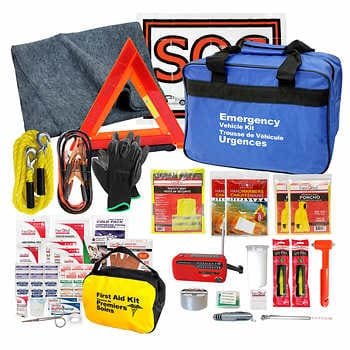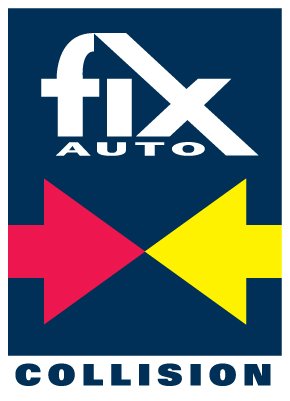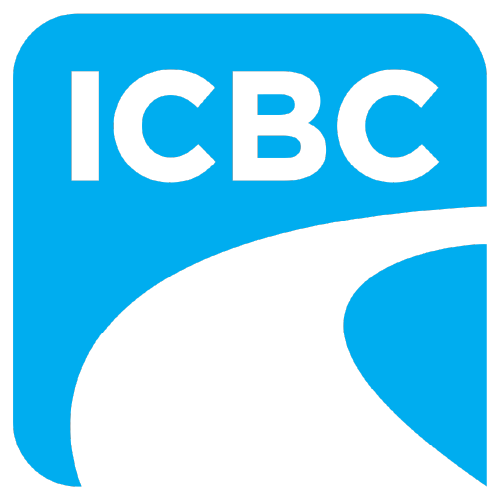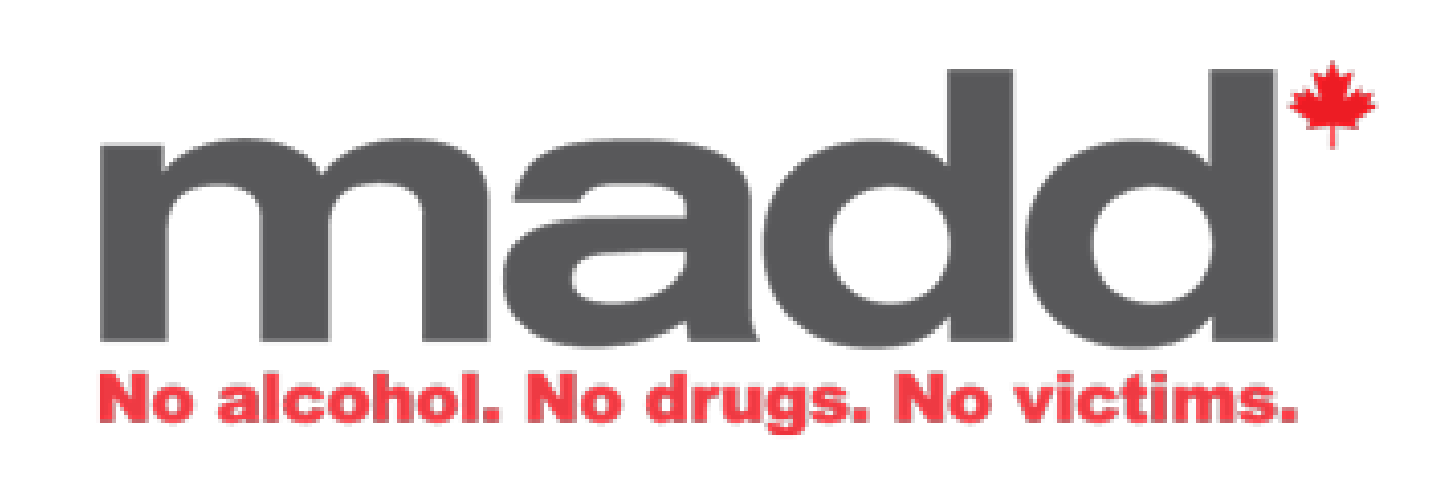We care deeply about our students and, above all, your safety. That is why we launched our Annual Safe Driving Campaign.
EMERGENCY KIT Essentials
Every vehicle should be equipped, especially for winter, with:
First aid kit
Emergency food and water
Spare warm clothing
Flares or matches, lighter, candles, flashlight
Shovel and traction mat, sand, or kitty litter (non-clumping)
Battery jumper cables
Properly fitting tire chains (if applicable)
Tow rope
Snowbrush
Ice scraper
Roll of paper towels
Blanket
Road maps
Distracted Driving
Even if you’re not using your phone, you may still be distracted. Anything that takes your attention away from driving, like chatting with passengers, eating or drinking, or adjusting radio or vehicle settings, can contribute to distracted driving.
Tips for safe cell phone use
No call, text, or email
Turn it to silent and keep it out of reach and out of sight
Assign a designated texter
Plan ahead and make sure you have everything you need
Pullover to make or receive a call
Avoid looking at screens while driving
Learn the rules of the road
Don’t use your cellphone at a red light
Keep your hands off, use hands-free devices such as Bluetooth or headphones that can be operated with one touch or voice commands.
If you have a Learner’s (L) or a Novice (N) License, you aren’t allowed to use any electronic devices behind the wheel, even if it’s in hands-free mode.
SPEED
Speeding is a significant contributing factor to car crash fatalities in BC. The faster you go, the longer it takes to stop - and the more dangerous the collision can be.
THE COSTS OF SPEEDING
Driver risk premium: If you have one or more excessive speeding tickets, you pay a driver risk premium.
Fine: Ticket fines increase further for every speed limit you exceed.
Vehicle Impoundment: In addition to the violation ticket fine and driver risk premium, police can immediately impound your vehicle for seven days if you travel more than 40 km/hour over the speed limit.
Gas: Your fuel consumption increases when you increase your speed or when your speed varies too frequently.
TIPS TO STAY SAFE
Allow at least two seconds’ following distance behind other vehicles in good weather and road conditions and at least three seconds’ on a highway.
Slow down for poor weather conditions or uneven roads and increase your following distance to at least four seconds. Remember that the distance required to stop increases in wet or slippery conditions.
Don’t speed up when someone is trying to pass you. Slow down and make room to help the other driver get back into your lane.
Be realistic about your travel time and plan your trip. Increasing your speed does not meaningfully decrease travel time, so if you’re running late, accept the delay.
IMPAIRED DRIVING
If your activities involve alcohol or drugs, plan for a safe ride home as your ability to safely drive may be compromised. Arrange a designated driver, call a taxi, a friend, or a ride-hailing service, or take transit.
LIQUOR
If you’ve been drinking at home, stay home and don’t drive.
CANNABIS
Research shows that driving within three hours of consuming cannabis doubles the risk of collision.
Cannabis impairs both the cognitive and motor abilities you use to operate a vehicle safely.
Cannabis can also slow your reaction time, slow your ability to make decisions, and make it harder for you to split your attention.
If you’re going to consume cannabis, the safe thing to do is to arrange alternative transportation.
OTHER DRUGS
Other illicit and legal drugs, including prescribed or over-the-counter medication, may impact your ability to drive. If you take any medication, check with your doctor or pharmacist to understand how it may affect your driving ability.
How to respond IN ADVERSE driving Conditions
Hydroplaning
Hydroplaning happens when the tires lose contact with the road surface and float on a film of water.
If you find yourself hydroplaning, ease off the accelerator and keep steering in the direction you want to go. Avoid braking.
Black Ice
Temperatures can change quickly during the winter, causing unpredictable road conditions. Although the road may look the same, black ice can form unexpectedly and may not be visible.
Black ice is commonly found on roads with shaded areas, bridges, overpasses, and intersections where car exhaust and packed snow freeze quickly.
If you drive over black ice and start a skid, ease off the accelerator, and look and steer smoothly in the direction you want to go.
Don’t brake, this will make the situation worse. You may need to repeat this maneuver several times until you regain control.
Adjust for Poor Conditions
For all types of winter hazards, remember two key tips:
Reduce your speed
Increase your following distance
The more time you have to react to any hazard, the better.
What to do if you get in a collision
What to do if you witness a collision
If you’re exhausted while driving
Preparing for Winter Driving
Winter tires are a good option, providing greater traction under snowy or icy conditions.
Keep a snow brush/scraper in your car and possible emergency items such as a lightweight shovel, battery jumper cables, and a flashlight. Before getting onto the road, make sure that mirrors, all windows, and the top of your vehicle are free of snow or frost.
Get your car serviced to ensure electrical systems, brakes, tires, exhaust systems, heating and cooling systems, and windshield wipers are in working order. Check tire pressure regularly
External Resources
PREPARE
Shift Into Winter – Prepare Your Vehicle For Winter
Shift Into Winter – Prepare Yourself For Winter Conditions
ICBC – Prepare For Winter Driving
TIPS
Canada Safety Council – Winter Driving Tips
Car aCCIDENTs
ICBC – Understanding Why Crashes Happen
ICBC – What To Do After A Crash
ICBC – Anonymous Witness Information Form
gENERAL INFORMATION
ICBC – Distracted Driving Infographic
BCAA – Financial Burdens of Road Infractions
pLEDGES AND cAMPAIGNS
BCAA – Distracted Driving Campaign
MADD - Pledge to BE A BAD PERSON to be a good driver!
How You Can Get Involved
Volunteer: Join future safety events and peer education.
Feedback/Suggestions: Email us info@ufvsus.ca or attend an AGM to share ideas for the Safe Driving Campaign.
Request Info: Need resources in another language, or have accessibility needs? Contact us.









